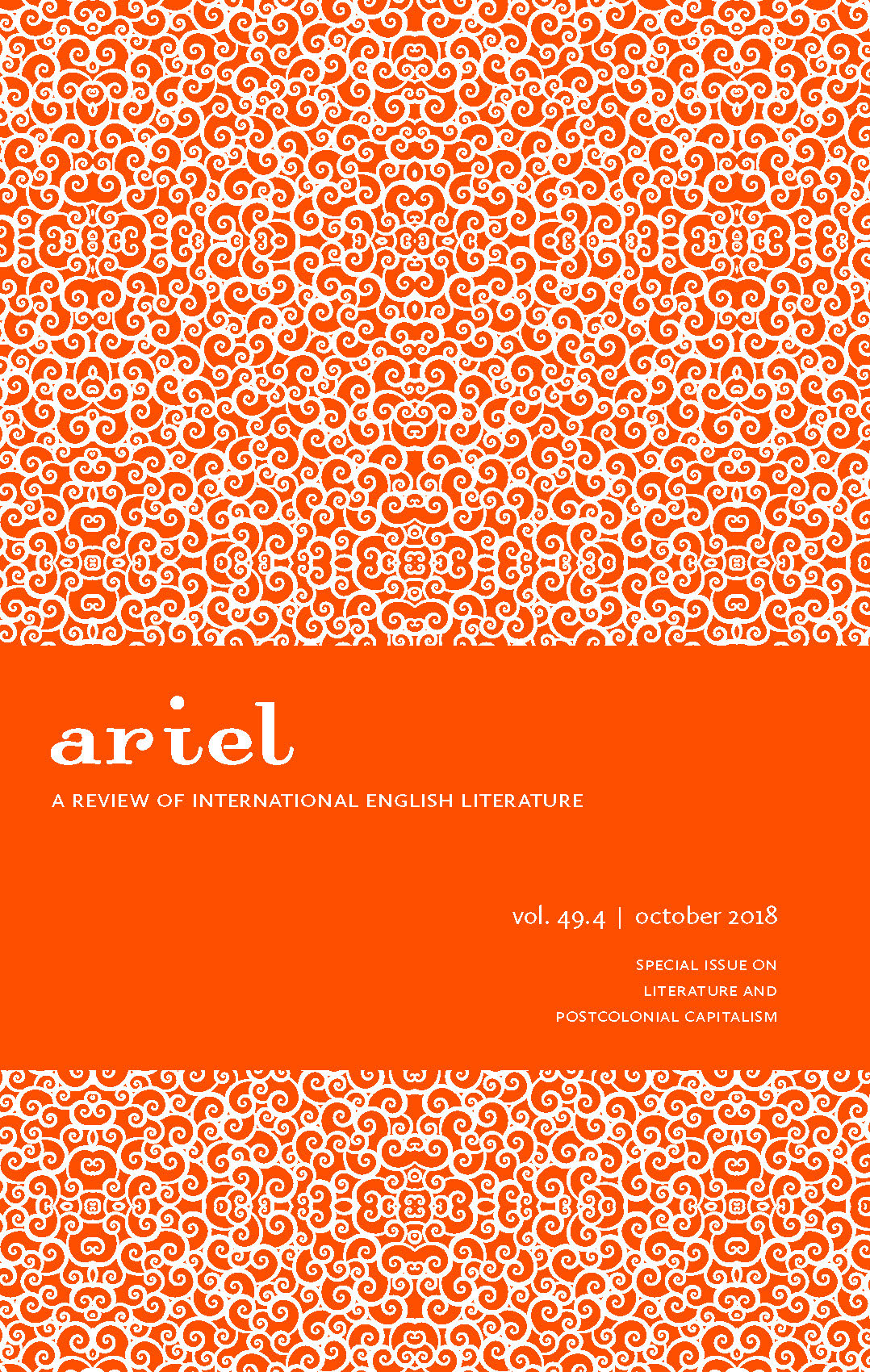Floating Currencies and "Colliding Worlds": Postcolonial Capitalism, Queer Diaspora, and Multicultural Recognition in Gold by the Inch
Keywords:
Lawrence Chua, postcolonial capitalism, queer diaspora, multiculturalism, valueAbstract
This article addresses the queer subjectivities produced under postcolonial capitalism. In a context where economic value is virtualized via currency floats, high-volume trading, and other financial practices, subjectivity is likewise virtualized such that sexual, racial, gender, and ethno-national differences come to be framed as interchangeable and persistently in motion. Putting theories of postcolonial capitalism in conversation with queer diasporic critique, I read Lawrence Chua’s novel Gold by the Inch as an account of the queer contours of multicultural recognition specific to postcolonial Southeast Asia. Focusing on Chua’s extensive use of second person narration and the ethical ambivalence of the novel’s protagonist, I argue that multicultural recognition in postcolonial Southeast Asia commensurates the increasingly proximate but not identical subjectivities of those Kalyan Sanyal calls the subjects of capital and those who have been rendered part of a permanently surplus population. Such commensuration effaces the raced, gendered, and sexualized modes of domination required to sustain this population in perpetuity. My reading of Gold by the Inch thus emphasizes the non-identity of queer postcolonial subjectivities to identify ruptures in postcolonial capitalism’s governance of heterogeneity.
Thanks to Choonja Kae and Heyang Julie Kae for their multiple forms of support while I completed this article, and to Phoenix, Anya, and Vera for reminding me to think otherwise.


